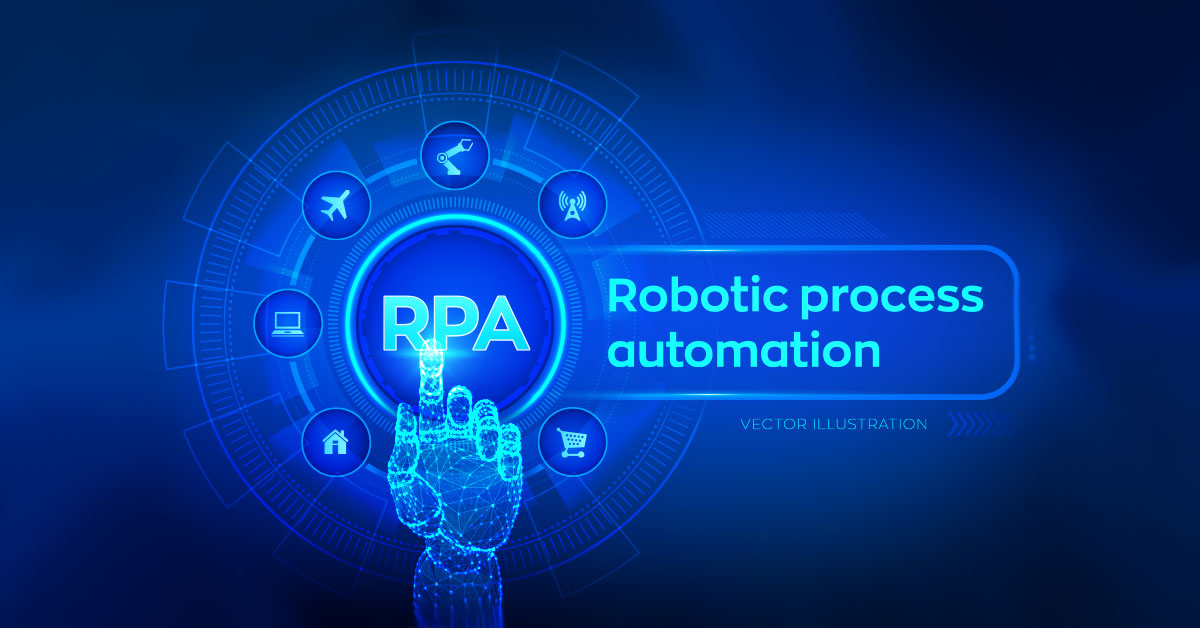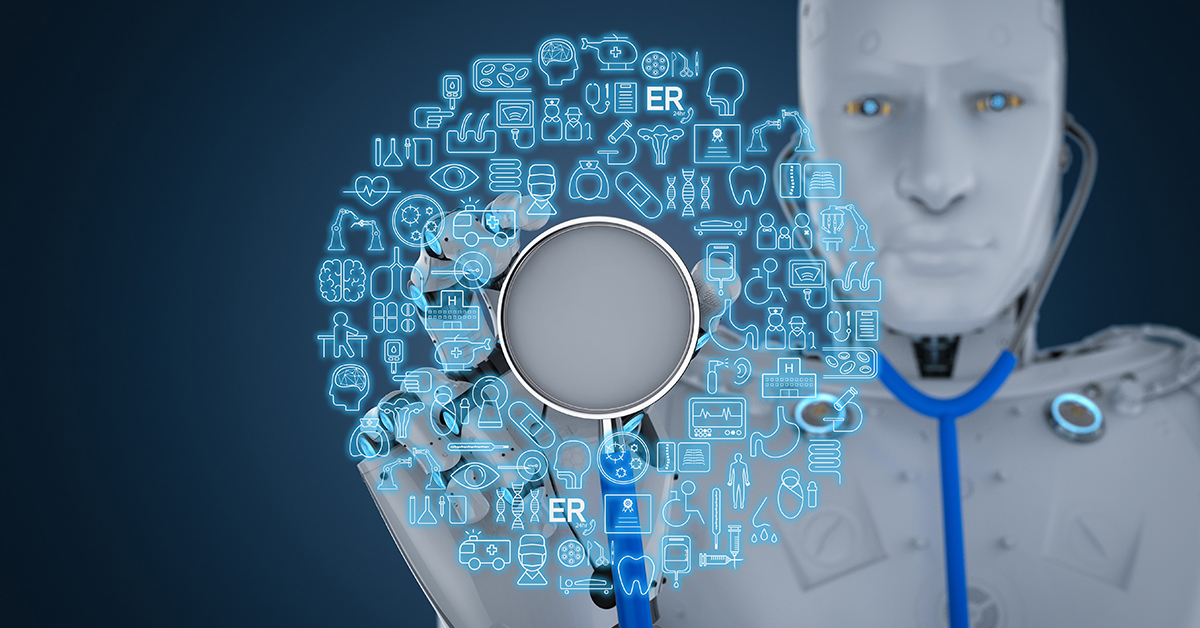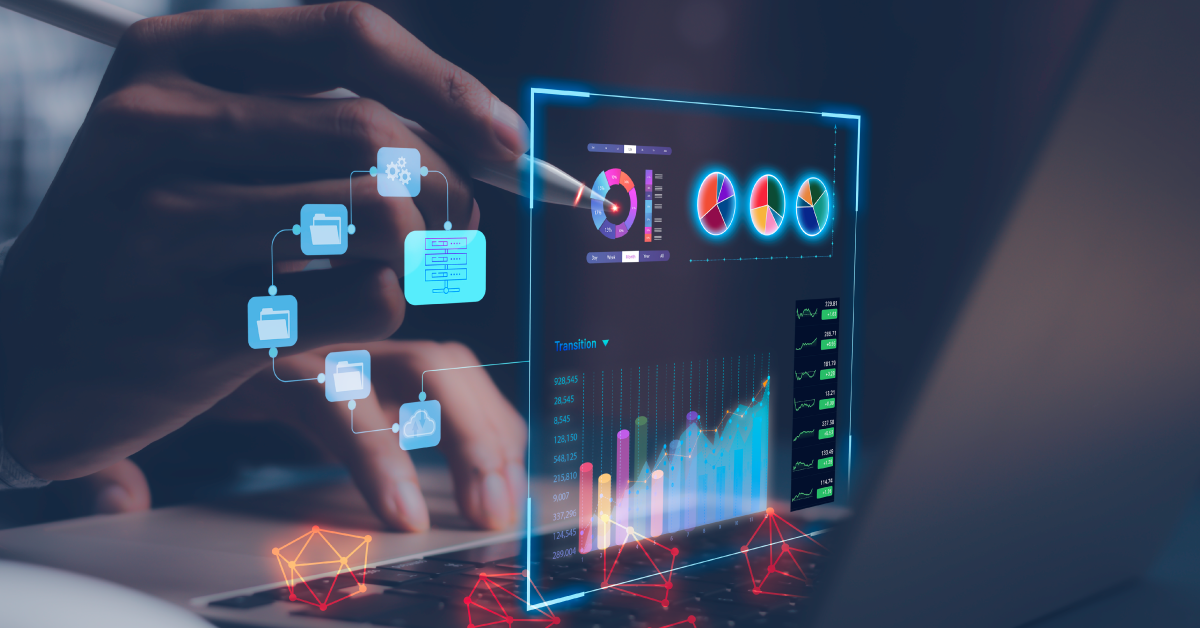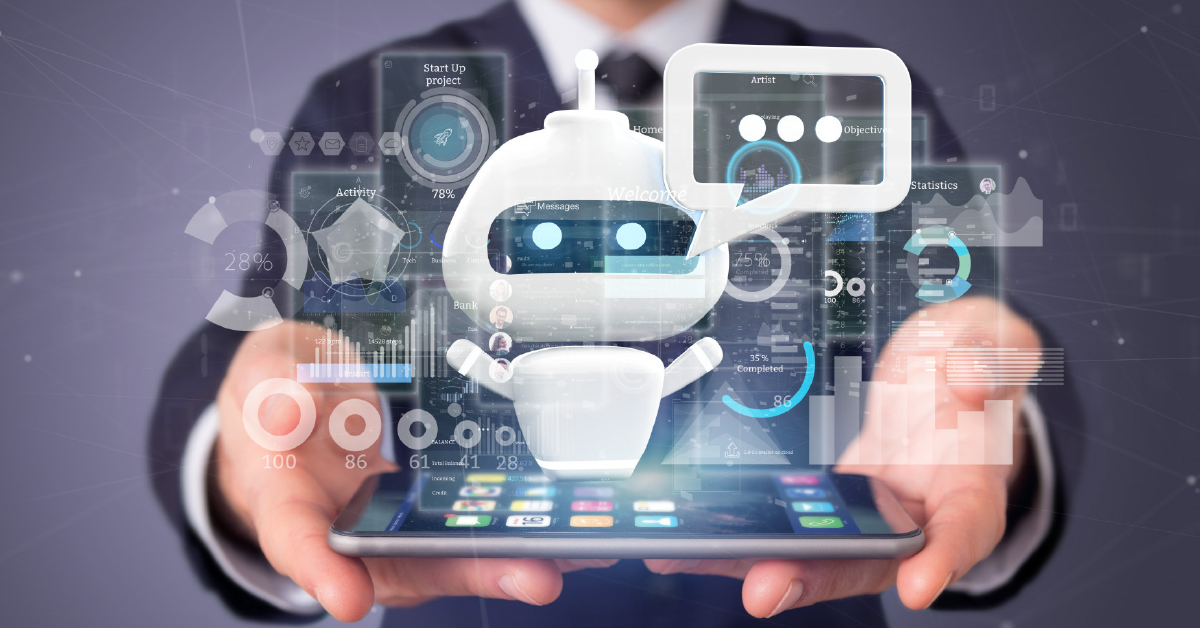Innovation with ML Services: How AI is Changing the Game
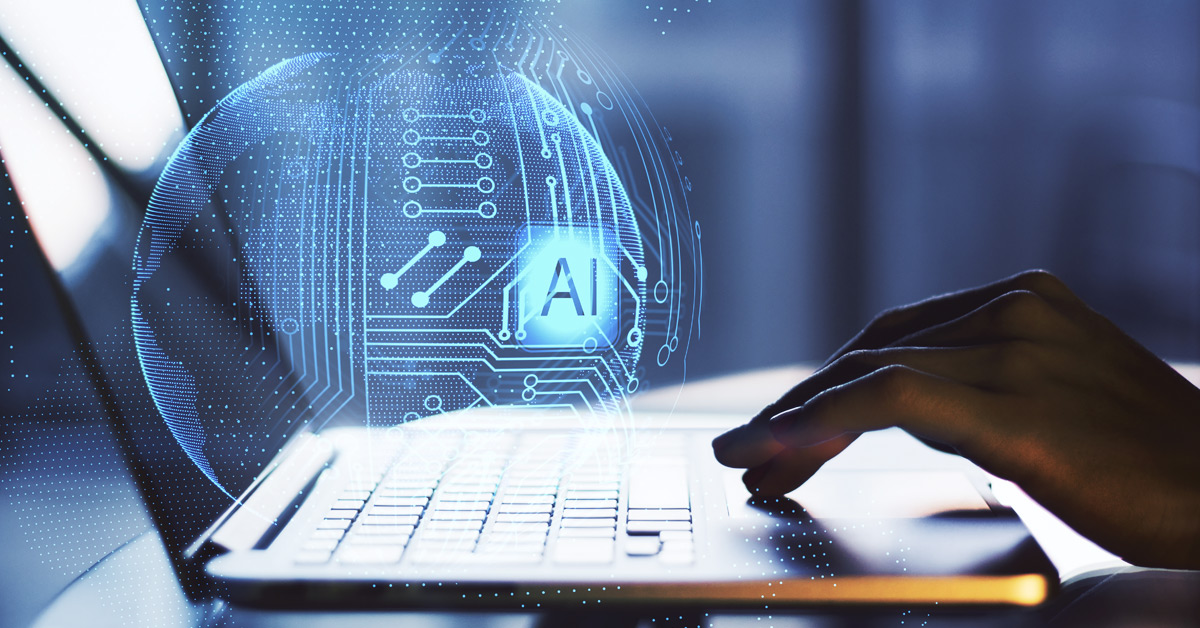
6 min read
Artificial intelligence (AI) is clearly at the forefront of a world where technology constantly changes our lives. AI has changed several industries, from self-driving vehicles to personalized suggestions, and it is currently changing how organizations run. Particularly in terms of realizing AI’s full potential, machine learning services are altering the field. Let’s get into this blog for more information.
How organizations work has been completely transformed by two rapidly developing technologies: artificial intelligence (AI) and machine learning (ML). These technologies aim to build intelligent computers with human-like abilities to think, learn, and make decisions. AI and ML have become extremely useful tools for businesses trying to obtain a competitive edge due to the growth of large data and improvements in processing power.
AI and ML services have increased dramatically in the last few years across a wide range of businesses. These services aid businesses in process automation, massive data analysis, better decision-making, and improved customer experiences. We will go into more detail on what AI and ML services are, how they interact, and how they affect enterprises in this part.
How AI is Changing the World?
The world we live in is being drastically changed by artificial intelligence (AI). Industries ranging from healthcare and finance to transportation and entertainment are transforming because of it. It is improving decision-making processes in terms of accuracy, efficiency, and speed; and helps in the diagnosis of illnesses and the creation of individualized treatment programs in the healthcare industry. It maximizes trading and risk management in the financial industry. AI-powered self-driving cars promise more convenient and safe travel. Furthermore, it is changing the way we use technology by improving device intuition through chatbots and voice assistants. Virtual assistance will have an increasingly greater impact on society as it develops, providing answers to some of the most important problems facing humanity but also posing ethical and employment-related concerns.
What are AI ML Services?
AI services are collections of pre-programmed models or algorithms that can carry out particular activities without human participation. These services use advanced methods to simulate human cognitive capacities, including natural language processing (NLP), computer vision, robotic process automation (RPA), and predictive analytics. Businesses can swiftly automate repetitive operations with them, increasing accuracy and efficiency. A branch of artificial intelligence called “machine learning” allows computers to learn from data without explicit programming. It entails developing models and algorithms to examine vast volumes of data, spot trends, and make choices in response to the knowledge gleaned. Simply put, Machine learning (ML) enables computers to perform better independently without human interaction.
How Do AI and ML Services Work Together?
When AI and ML services are combined, intelligent systems that can analyze data, draw conclusions, and carry out human-like activities are produced. While ML offers the ability to learn from data, AI supplies the foundation or architecture for these systems.
For example, a chatbot is an AI service that interprets consumer inquiries using natural language processing (NLP). But as it gains experience from dealing with customers, it becomes more adept at answering questions accurately over time. Underlying machine learning algorithms facilitate this learning process by examining previous exchanges and seeing trends to help with future responses.
Similar to this, recommendation engines on e-commerce websites make product recommendations to users based on AI methods like collaborative filtering. But when the system uses ML algorithms to learn about user preferences, these recommendations get more accurate over time.
Understanding the Potential of AI in Innovation
AI is transforming the retail, healthcare, and financial sectors, especially innovation. AI is changing how organizations expand and thrive with machine learning (ML) services. Artificial intelligence (AI) and machine learning (ML) enable computers to learn and develop without explicit programming.
The effects of AI on innovation are complex. It makes data-driven strategies possible, assisting companies in quickly examining large volumes of data to spot patterns and trends that human analysis could overlook. AI also automates repetitive jobs, freeing human resources for more imaginative pursuits. AI’s predictive skills examine large datasets and provide precise insights into potential industry trends and consumer behaviour.
AI impacts personalization, which is important in today’s consumer-driven market. AI is used by businesses to evaluate customer data, personalize experiences, and make product recommendations based on user preferences. AI’s contributions—from task automation and personalization to data-driven insights—are revolutionizing how firms create and offering previously unheard-of chances for growth and competitiveness.
How AI is Revolutionizing Industries?
AI is significantly altering various sectors. Machine learning aids physicians in the analysis of data to identify diseases early and provide more effective therapies. Additionally, patients can obtain health information more easily thanks to AI-powered virtual assistants.
The financial industry uses AI to automate fraud detection and market trend prediction processes. AI-powered chatbots improve operational efficiency by offering round-the-clock client service. AI improves the shopping experience in retail by efficiently managing inventories and making product recommendations based on consumer behaviour.
Virtual assistance helps manufacturing by enhancing machine intelligence, boosting output, enhancing quality assurance, and cutting expenses. Predictive maintenance powered by AI reduces equipment failures and boosts productivity.
Self-driving cars that use sensors and algorithms to navigate safely are an example of artificial intelligence in transportation. This technology could enhance traffic flow and lower accident rates. AI is improving decision-making, efficiency, and creativity across various industries.
Advantages and Limitations of Implementing AI for Innovation
There are many benefits to using artificial intelligence (AI) for innovation, including higher production and efficiency. With machine learning algorithms, AI systems can quickly examine large amounts of data, identify patterns and trends, and make precise predictions. Because of this efficiency, organizations can make well-informed decisions by saving time and resources. Another advantage is improved decision-making, as AI systems aid in analyzing big datasets, providing insights that people might miss or take a while to identify. This data-driven strategy increases the probability of success by improving decision quality, frequently using real-time data.
The use of AI to automate repetitive jobs and streamline processes also results in significant cost savings, freeing up funds to be allocated to more productive uses like research and development. Enhanced client satisfaction is an additional benefit. The ability of AI to customize services according to user preferences and behaviour patterns produces a more individualized and fulfilling user experience. AI also shortens innovation cycles by automating tasks that would otherwise need manual labour and accelerating results. It gives businesses a competitive advantage by allowing them to launch new goods and services more quickly.
But it’s important to take restrictions into account. The calibre of the data used by AI systems has significantly impacted efficacy. Particularly in crucial industries like healthcare and banking, incomplete, skewed, or low-quality data might produce inaccurate outcomes. Artificial intelligence systems’ lack of human judgment is another drawback. Even while they are skilled at predicting and analyzing data, they cannot simulate human emotions, common sense, or intuition—all of which can be quite important when making decisions.
Due to the necessary investments in infrastructure, technology, and trained staff, the cost of using AI might be prohibitive, particularly for small organizations. With AI becoming increasingly common, ethical questions also include algorithmic prejudice, privacy concerns, and the possibility of job displacement from automation. Fi also comes up; AI systems may not be flexible enough to adjust to novel conditions or problems outside the scope of their algorithms or training data. It can restrict their ability to innovate in situations that require creativity and adaptation.
Best Practices for Incorporating AI into Innovation Strategies
Artificial intelligence (AI) must be included in business plans to keep a competitive edge in today’s quickly changing market order to accomplish this, companies must first identify their objectives and how AI may support them, making sure that the appropriate AI technology complements their overall plan. To ensure a comprehensive approach, collaboration is also crucial. IT, marketing, sales, finance, and other departments should all be involved in AI projects. Investing in precise and pertinent data is essential because AI’s effectiveness relies heavily on the quality of the data used. It can be advantageous for firms to start small with AI projects so they can test and adjust before growing.
Given that not all AI initiatives will be successful immediately, learning from mistakes is just as vital. New AI applications are encouraged to be explored by cultivating a culture of innovation and risk-taking within the firm. And last, to keep AI efficient and in line with corporate goals, it is imperative to analyze its performance continuously. These actions can help companies use AI more successfully for innovation and expansion.
The Future of AI in Driving Innovation
Innovation is being rapidly shaped by AI, especially in the field of ML services. Important breakthroughs are anticipated in the future. Improved automation will increase productivity, decrease errors, and streamline processes. AI-powered personalization, whed on preference understanding, will provide customized solutions for improved user experiences and results. Accurate predictive analytics will help with data-driven, real-time decision-making. There will be a greater emphasis on Natural Language Processing (NLP), which analyzes unstructured data such as consumer reviews. Process improvement will be continuous with reinforcement learning.
The Internet of Things (IoT) and artificial intelligence (AI) will become more integrated, giving organizations access to more precise data for improved decision-making. Regulations and ethical issues will become more significant to guarantee responsible AI use. AI will have a greater influence on innovation, creativity, and applicability across industries. The combination of quantum computing could lead to important discoveries. In conclusion, AI will likely drive innovation through process simplification, personalization, enhanced analytics, natural language processing, continuous improvement, integration with the Internet of Things, ethical issues, creativity, and cross-industry applications. It may also work with quantum computing to bring about transformative changes in several sectors.
Conclusion
combining AI and ML services is revolutionizing how businesses innovate by enabling them to automate repetitive processes, make data-driven decisions, obtain predictive insights, customize consumer experiences, and promote innovative teamwork. The possibilities for invention seem endless as the age of artificial intelligence advances, pointing to a time when companies will prosper on the bleeding edge of efficiency and inventiveness.
Published: January 17th, 2024

